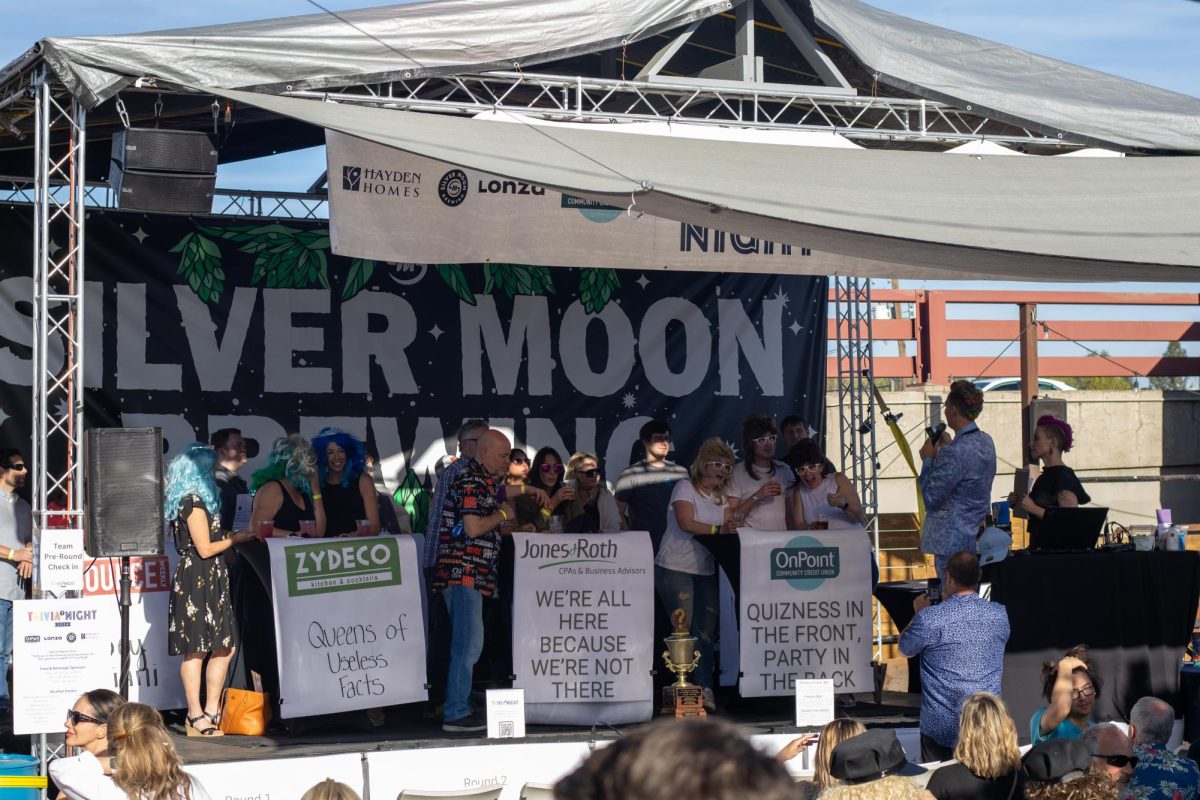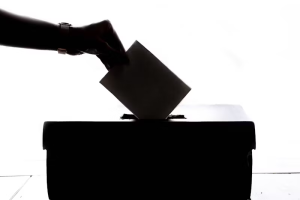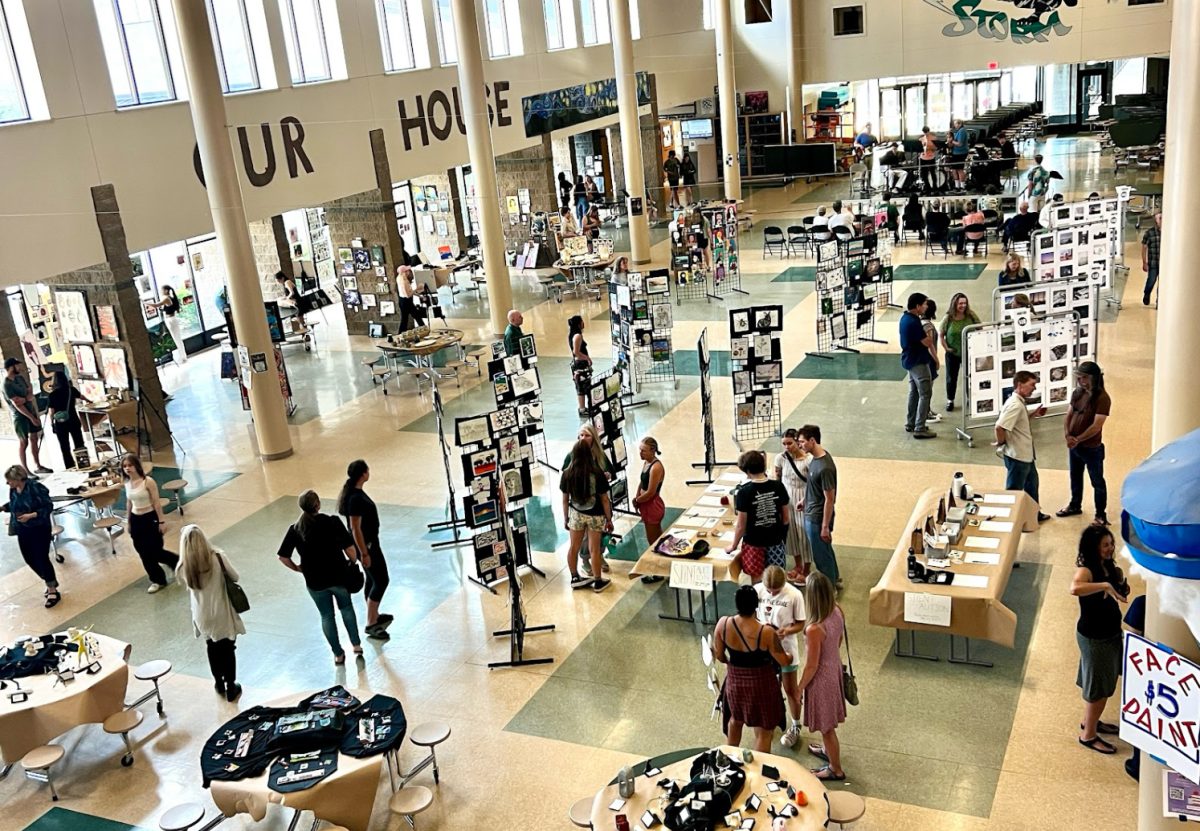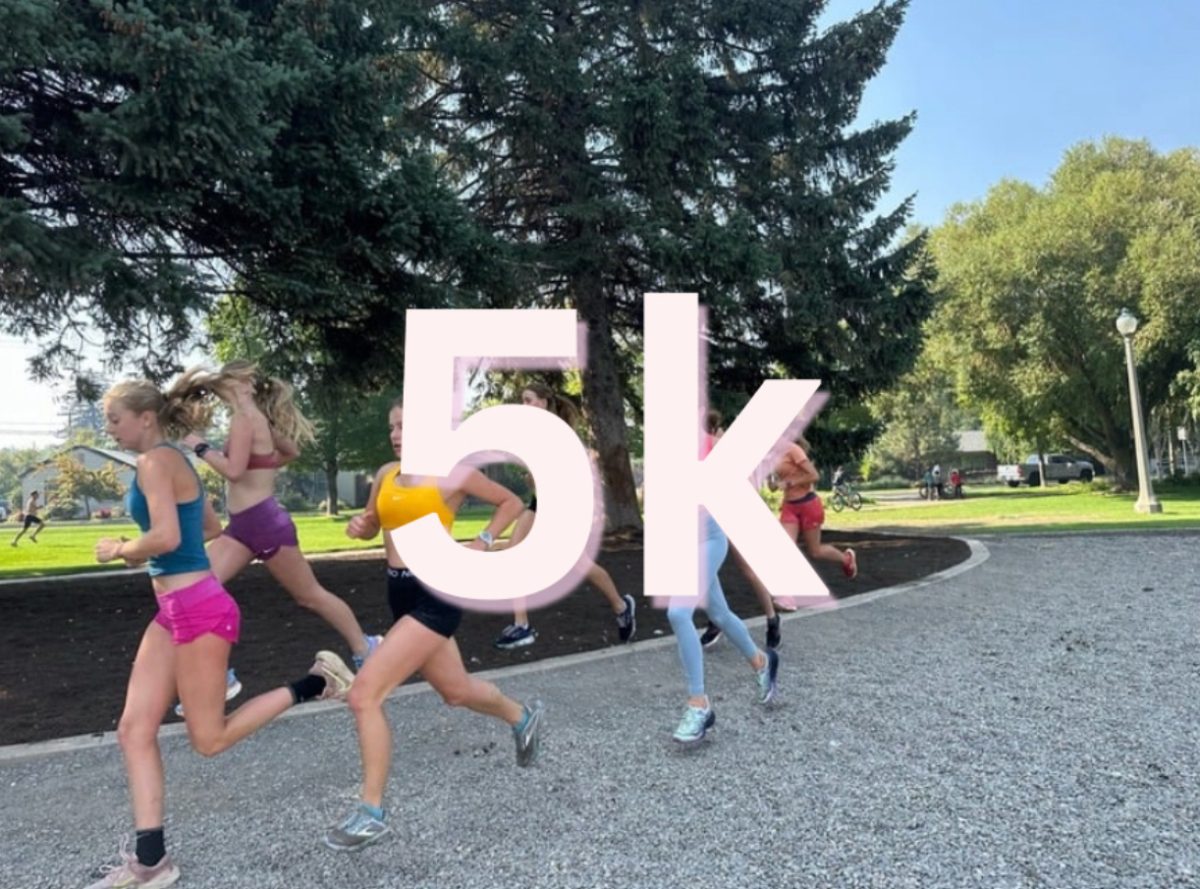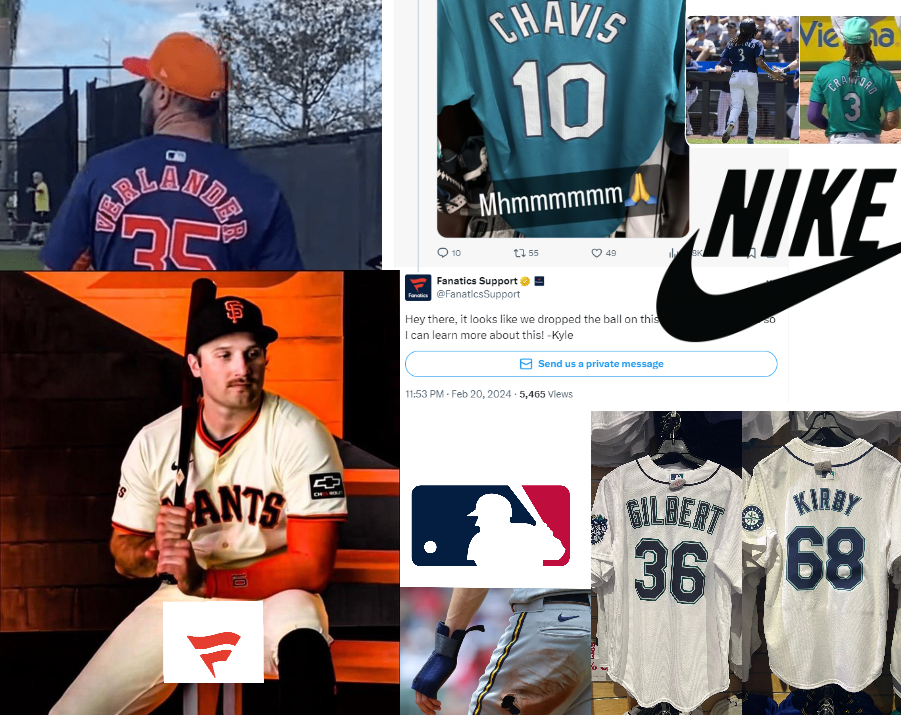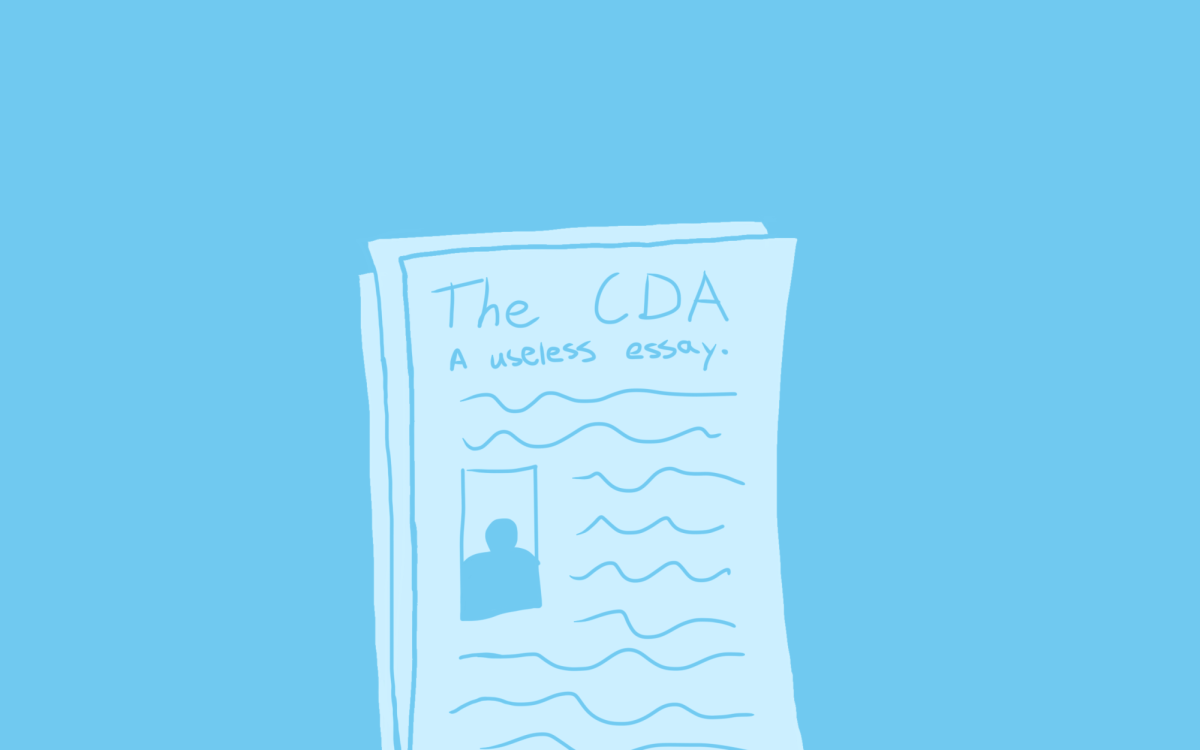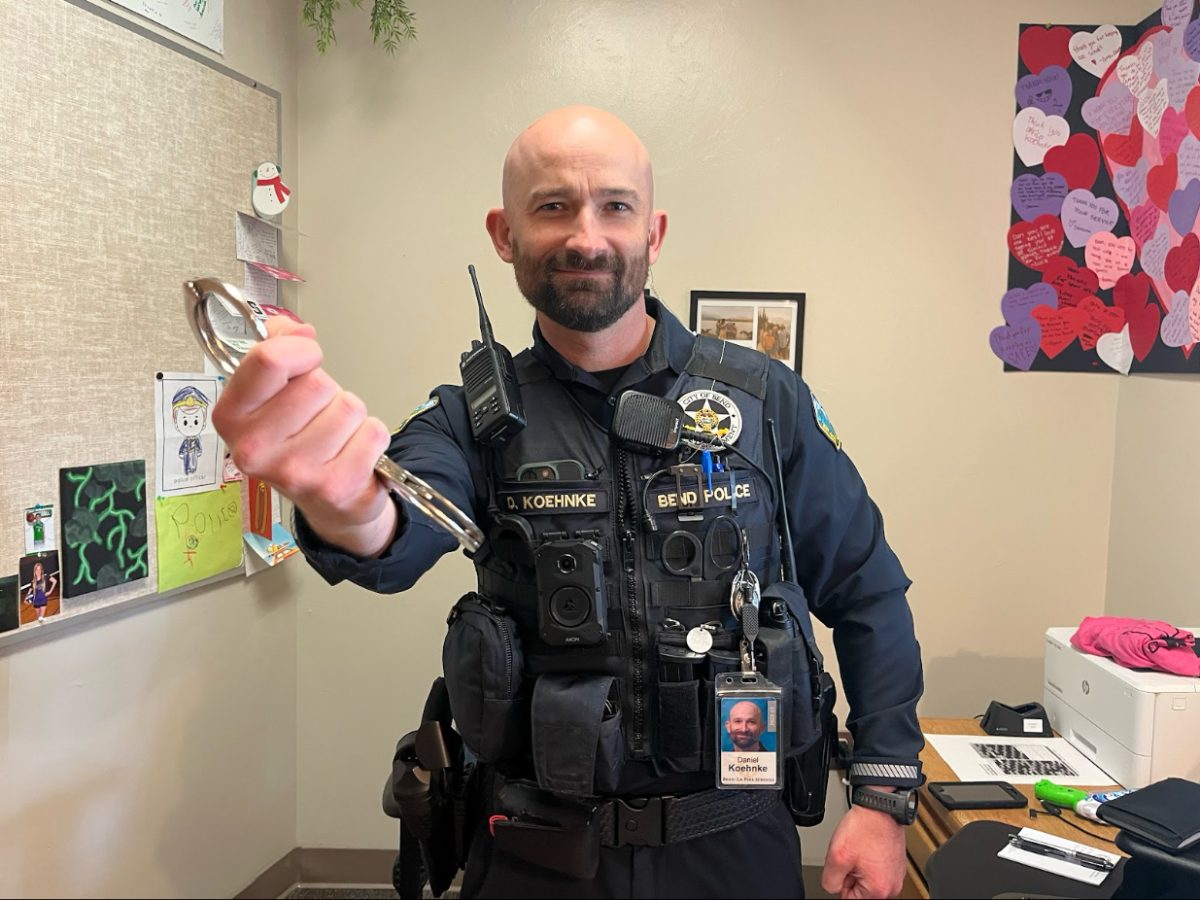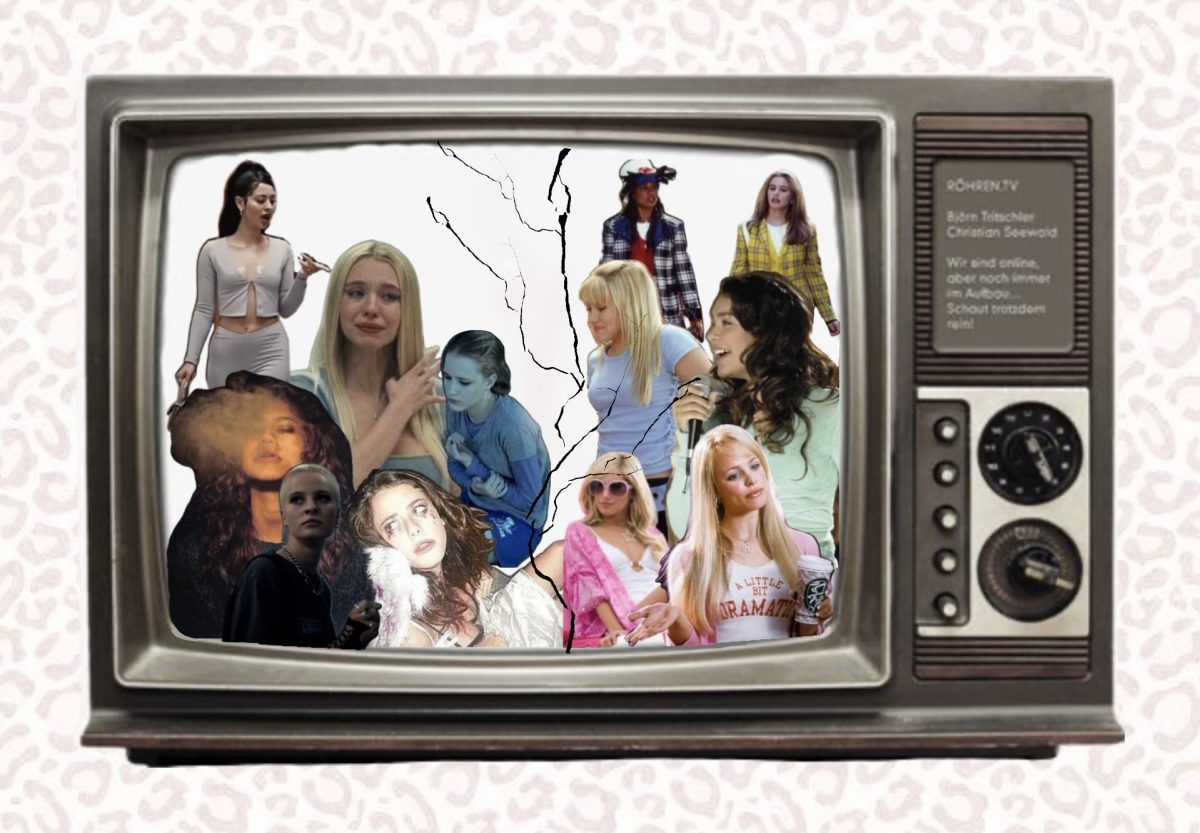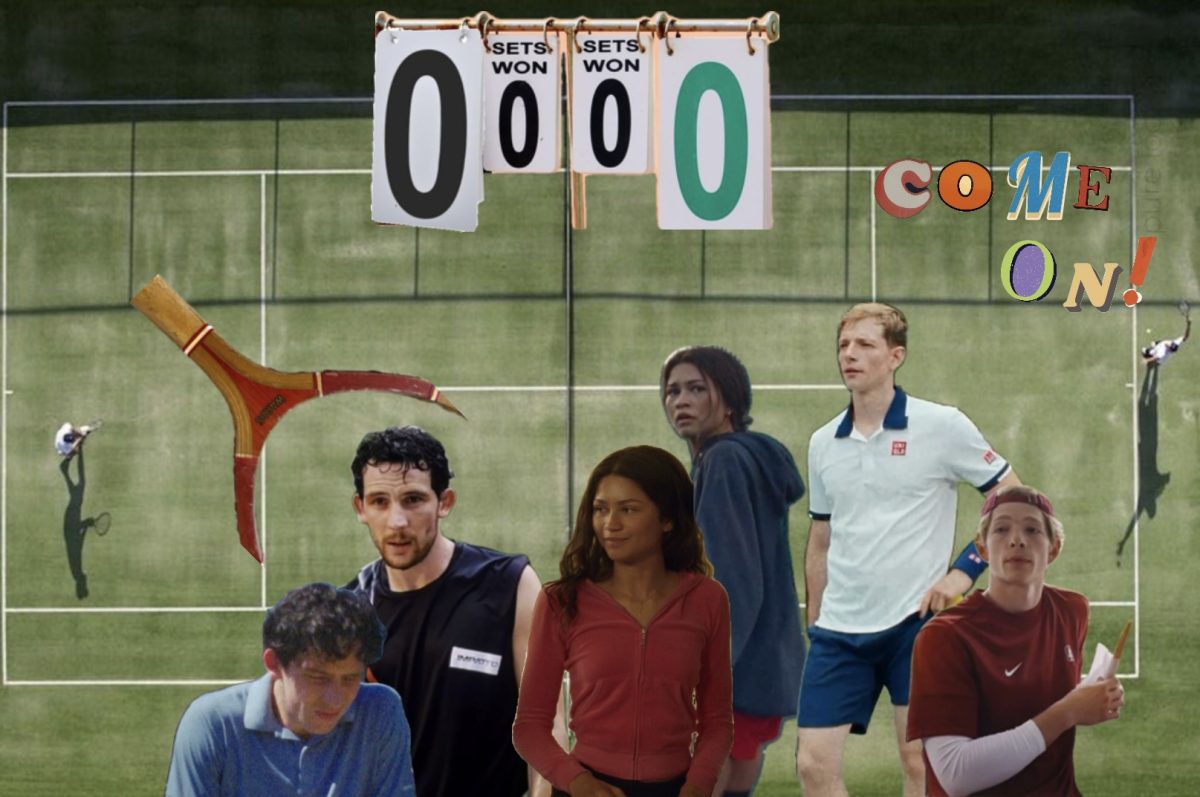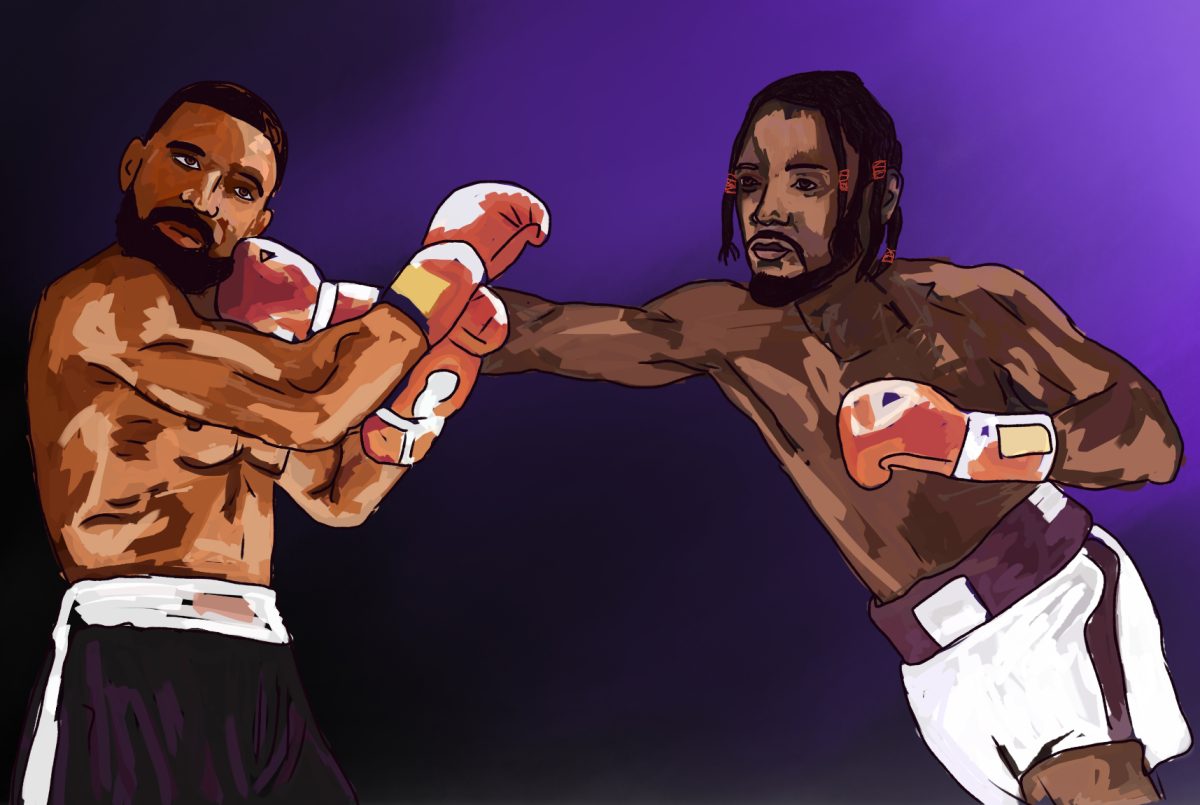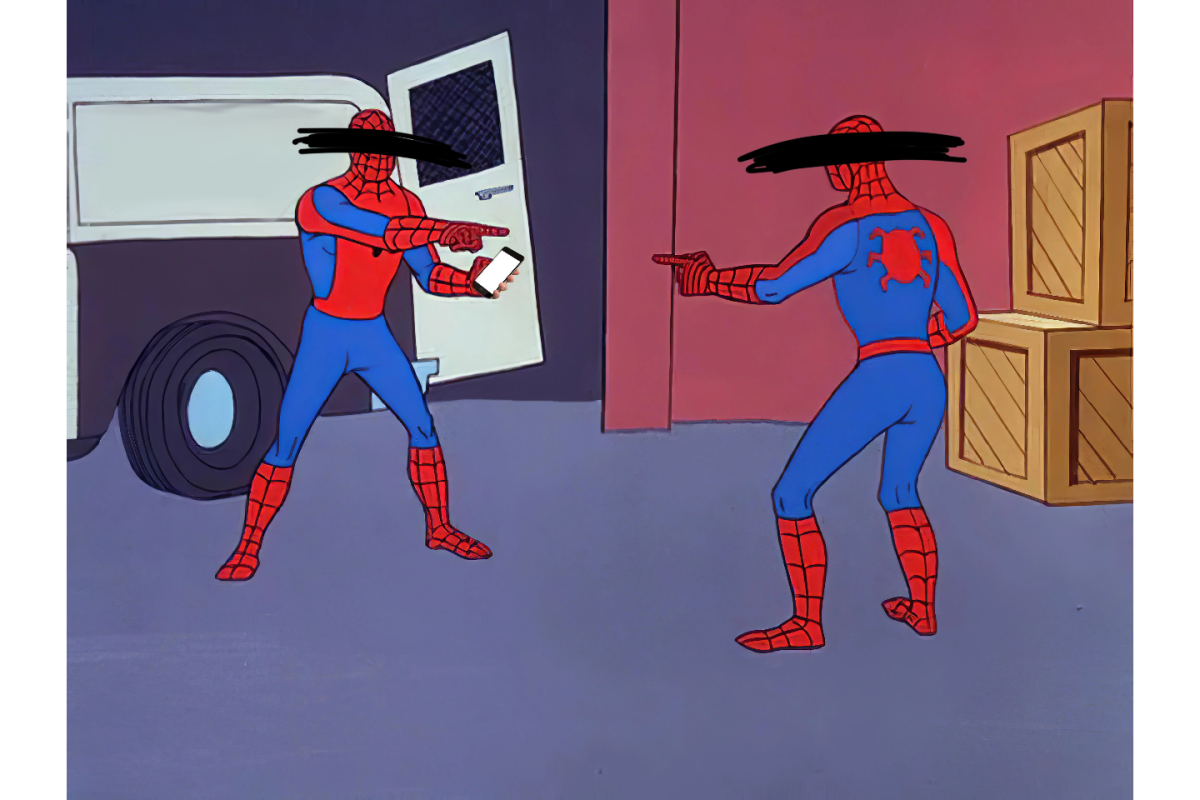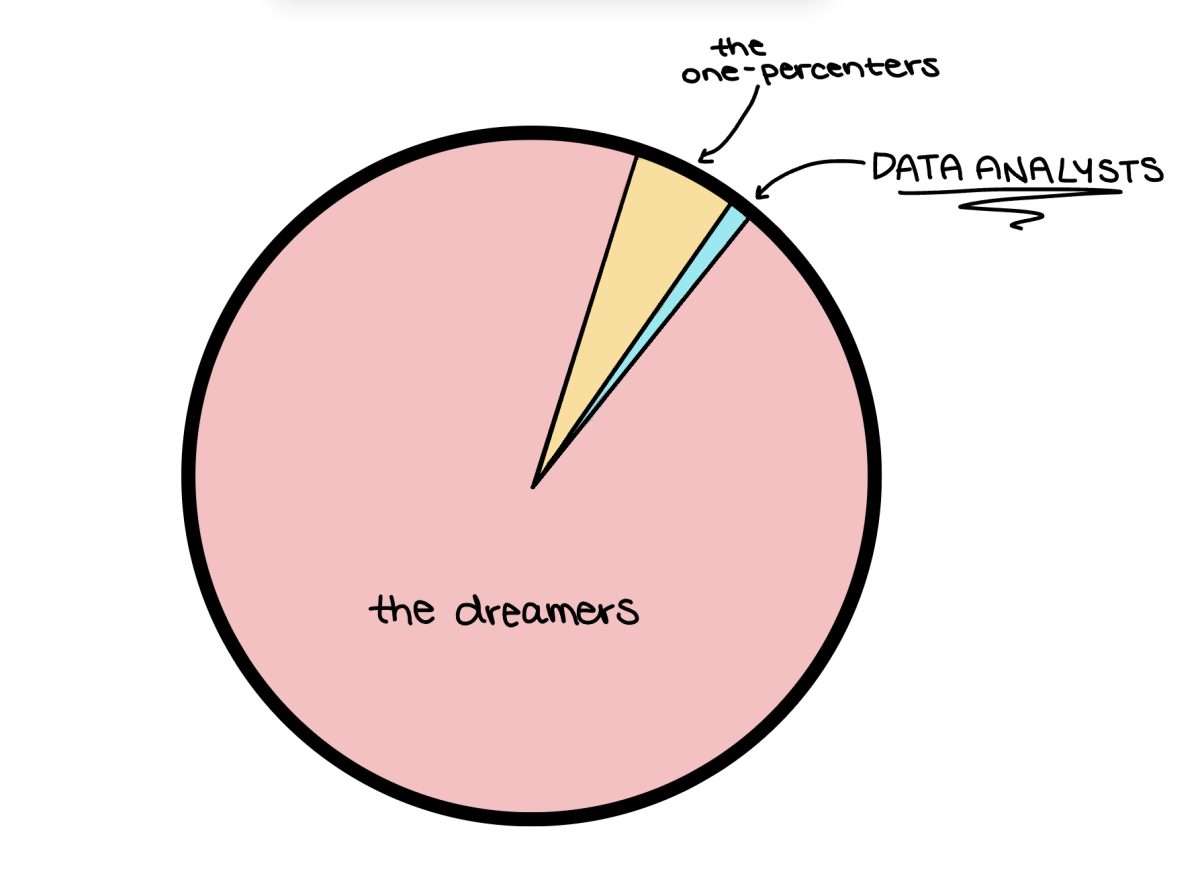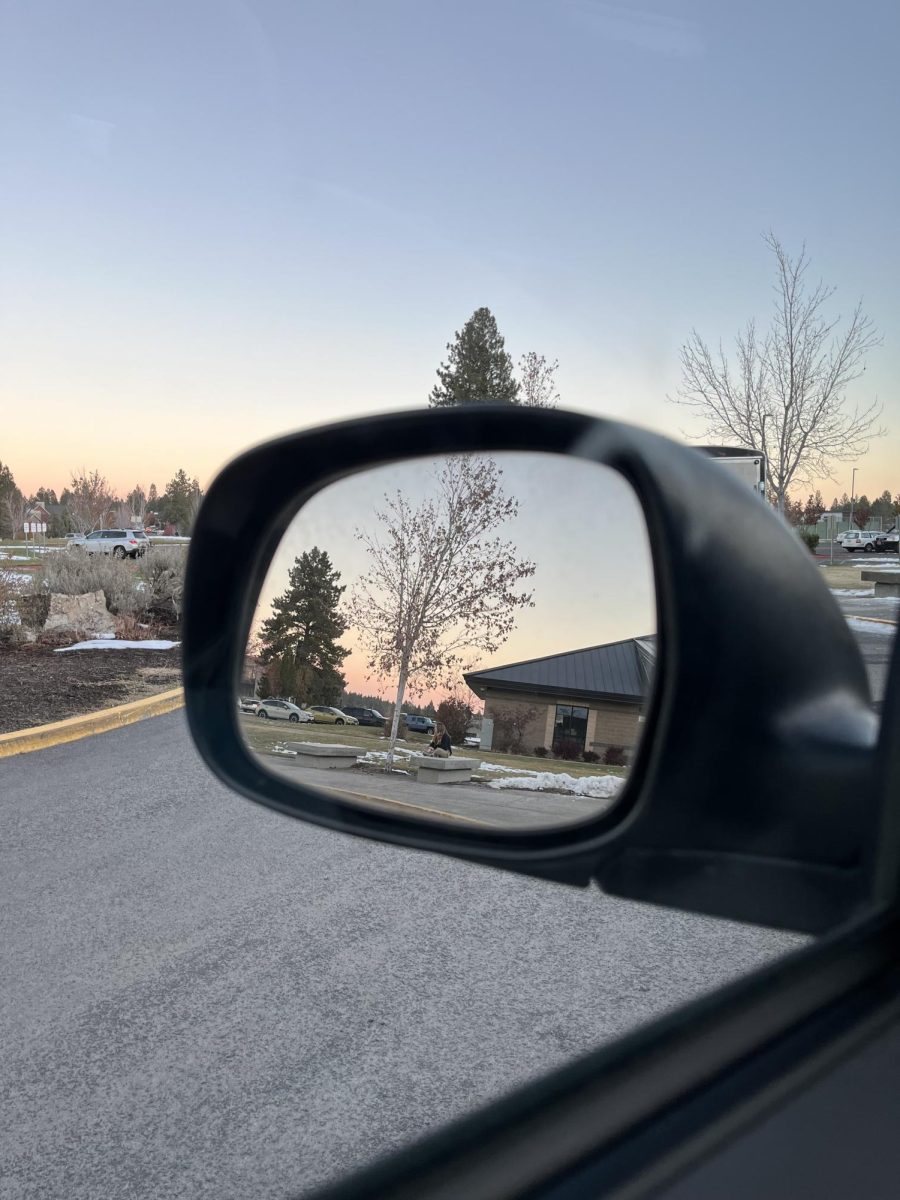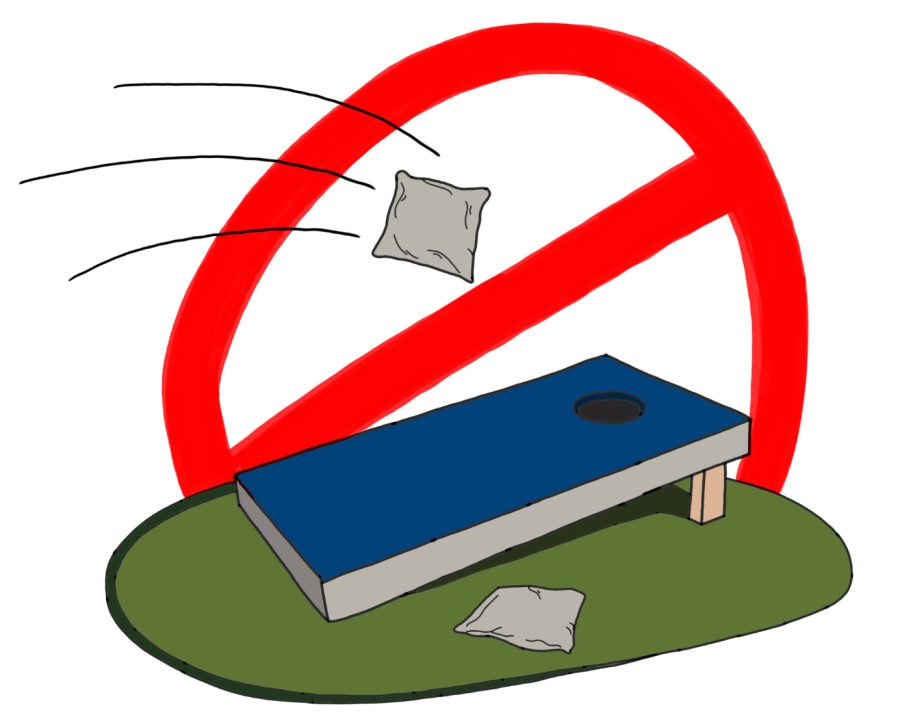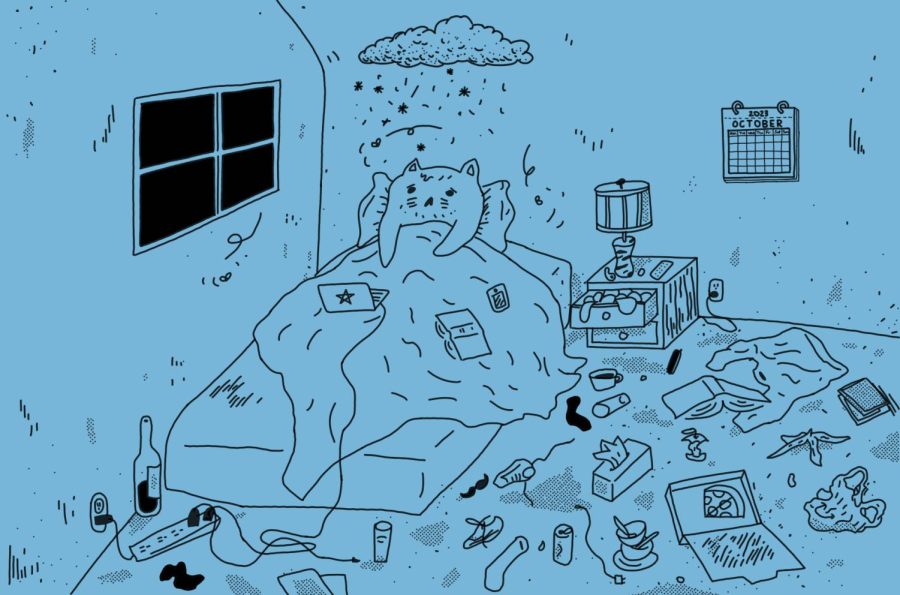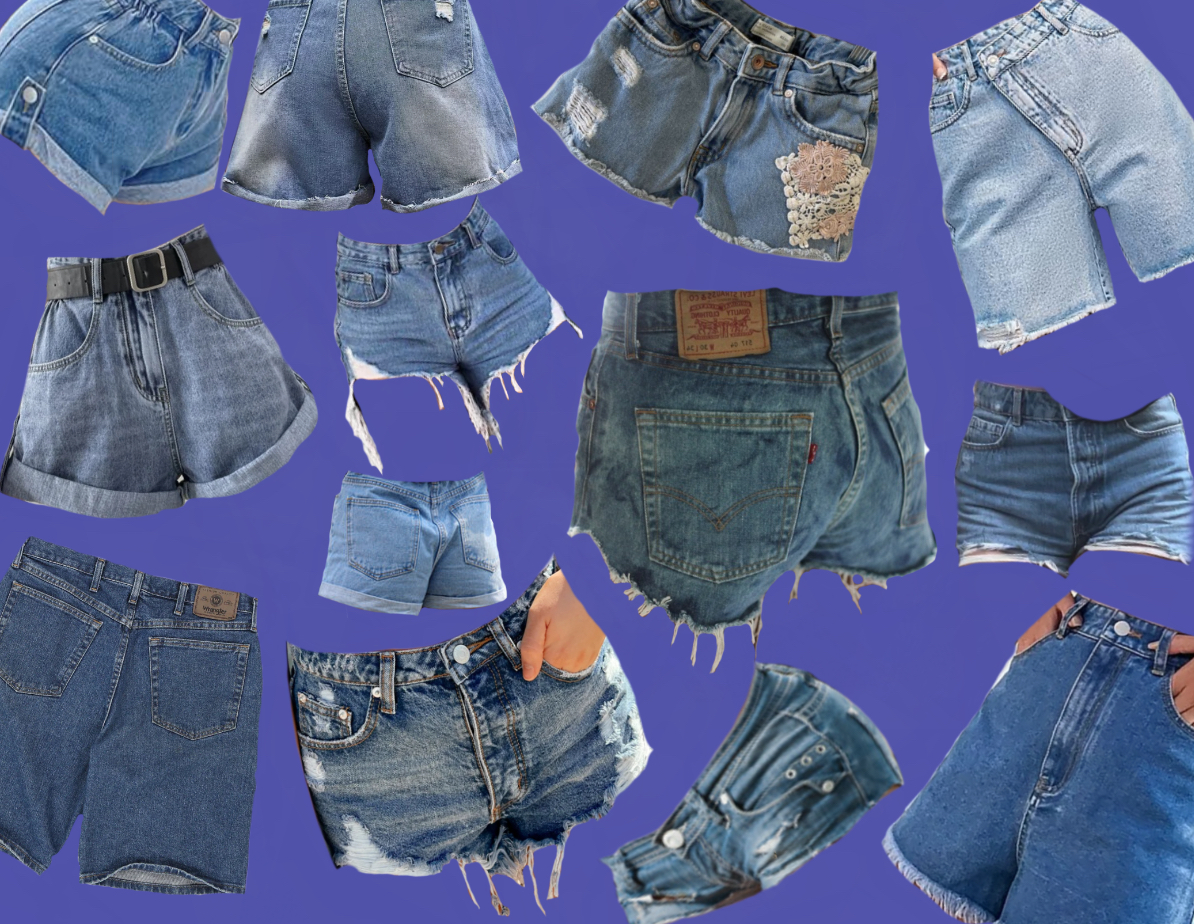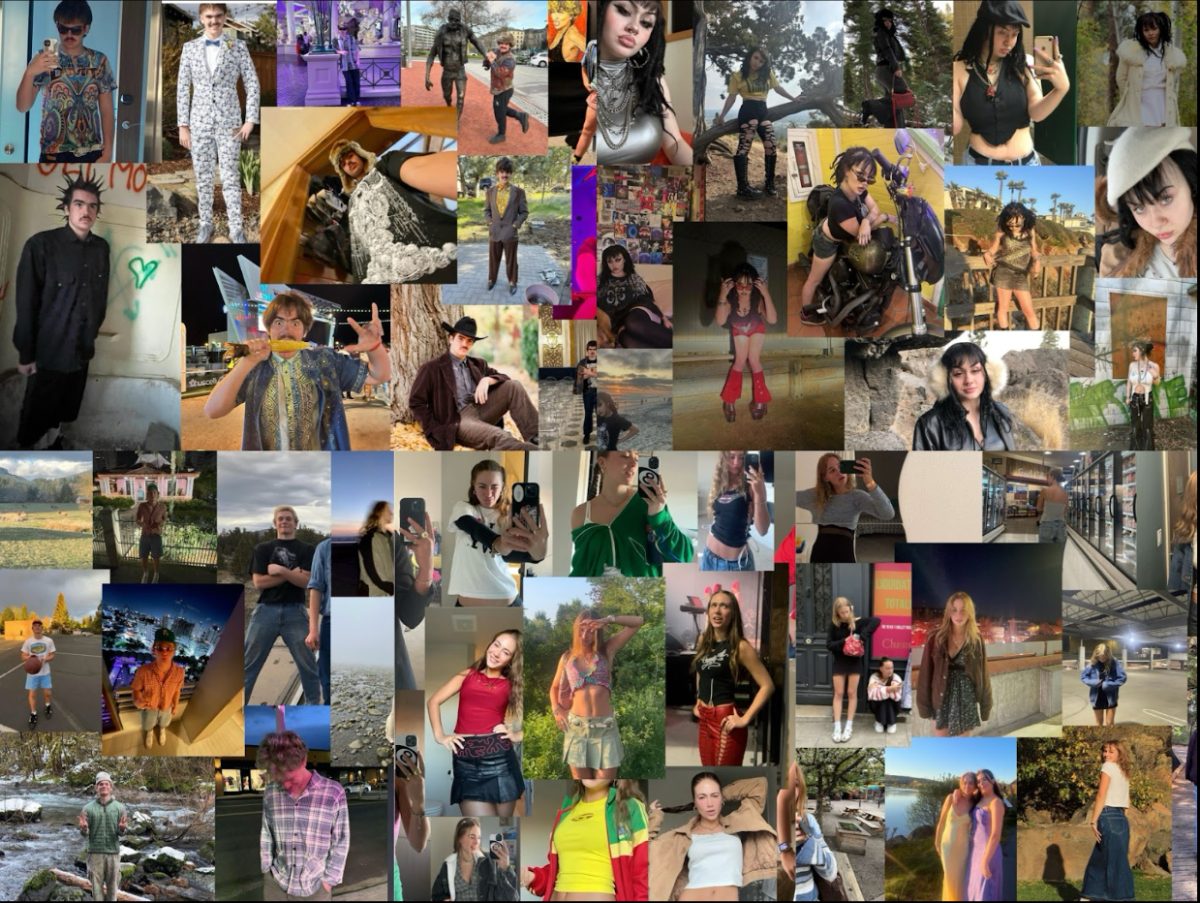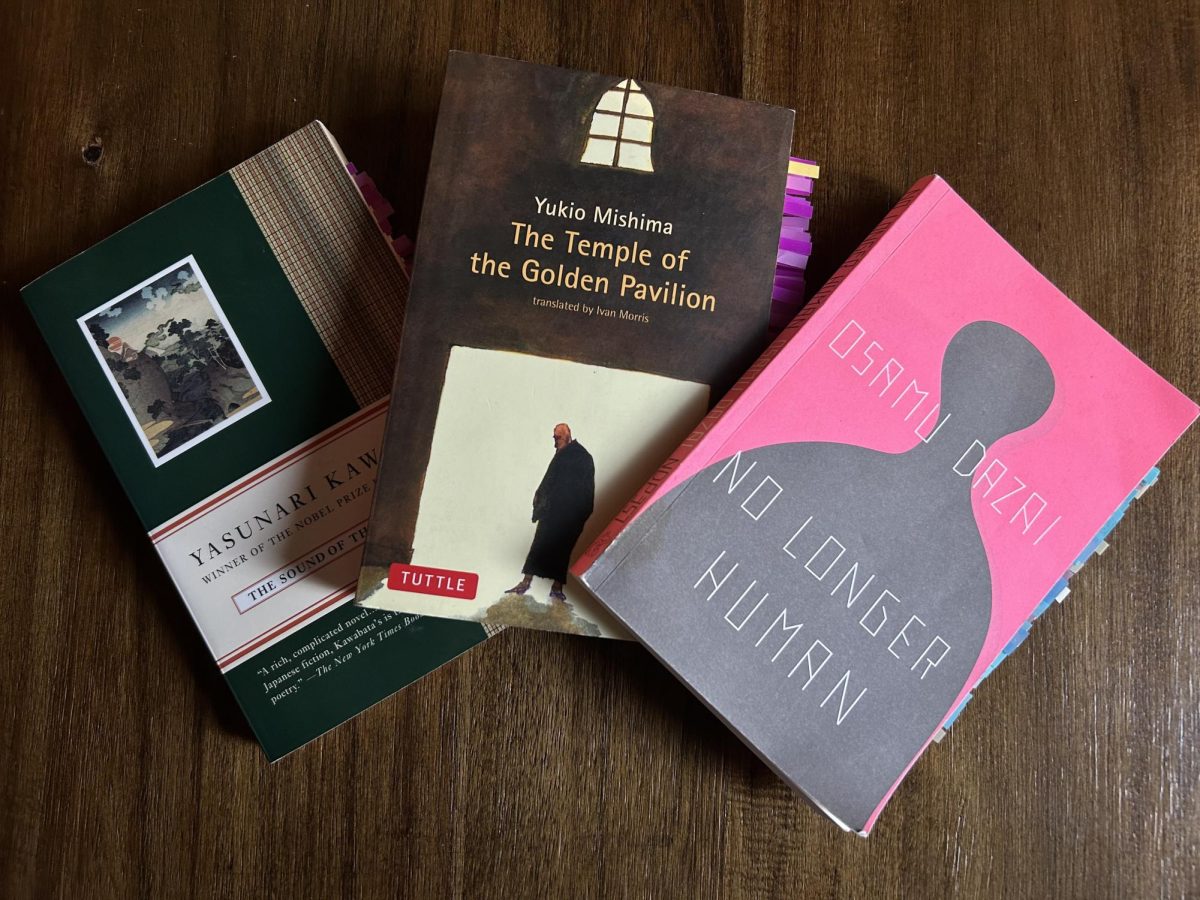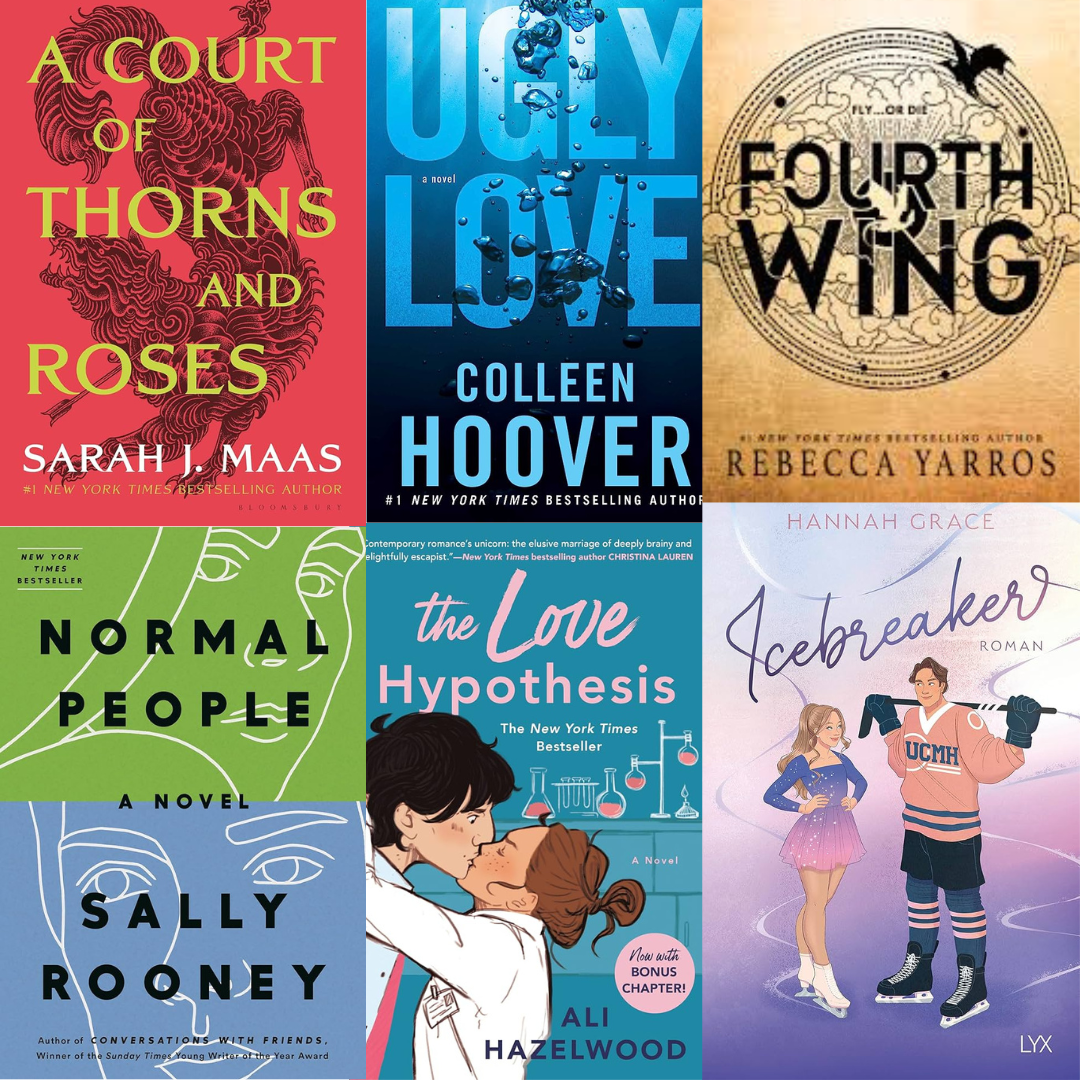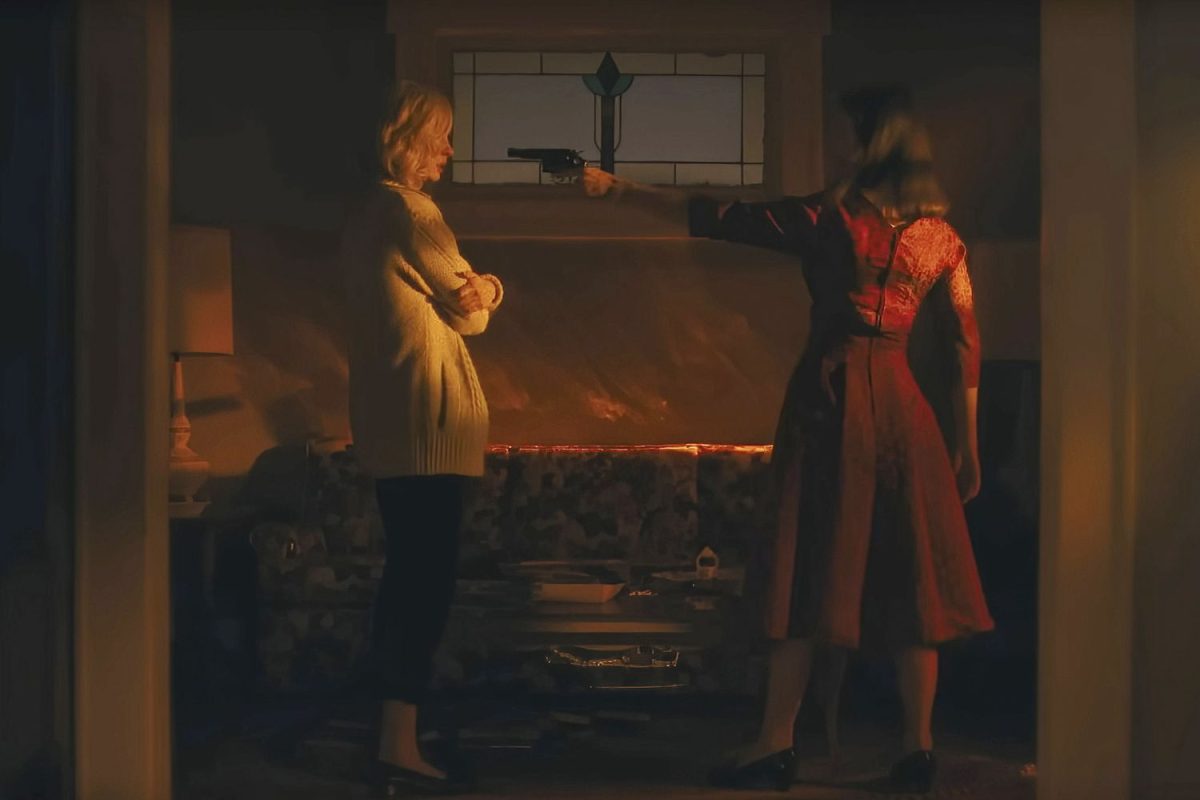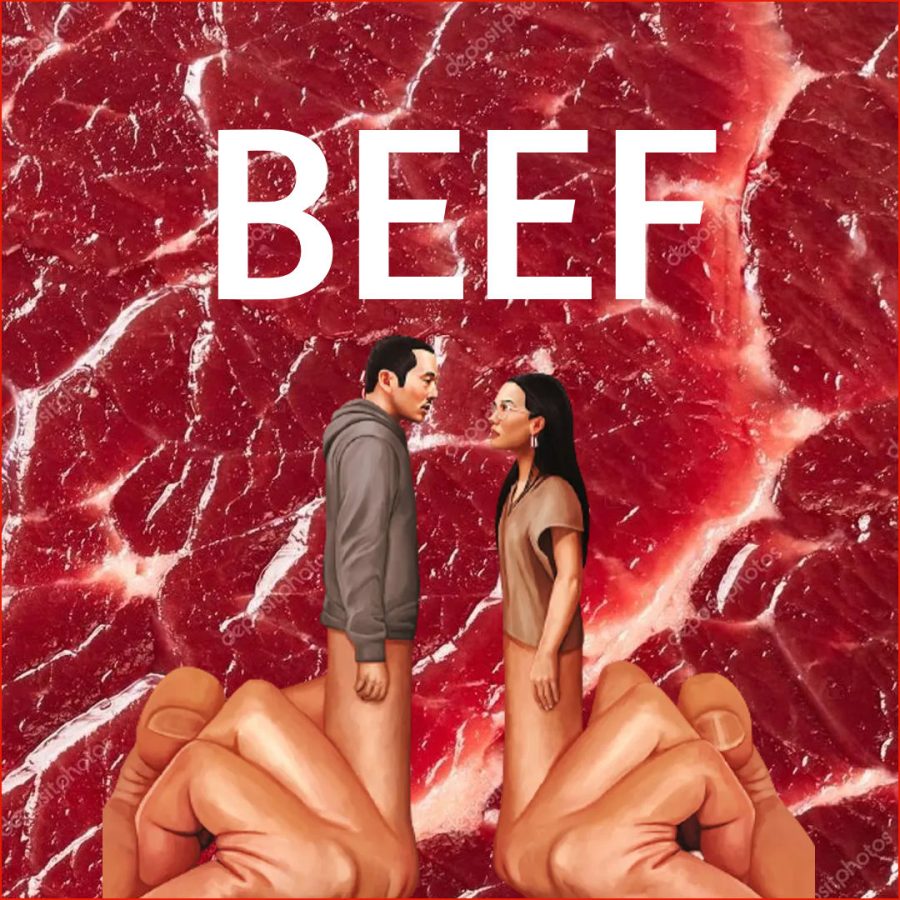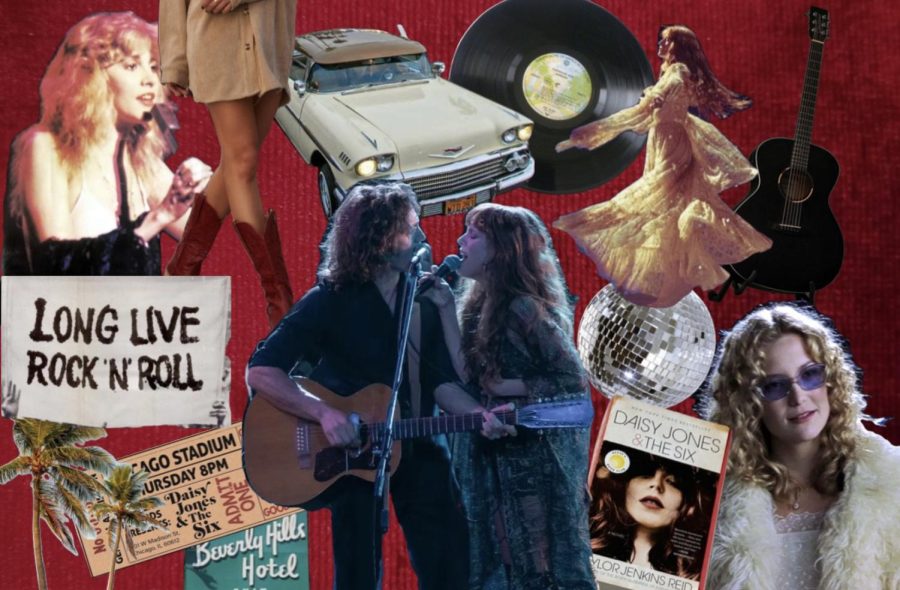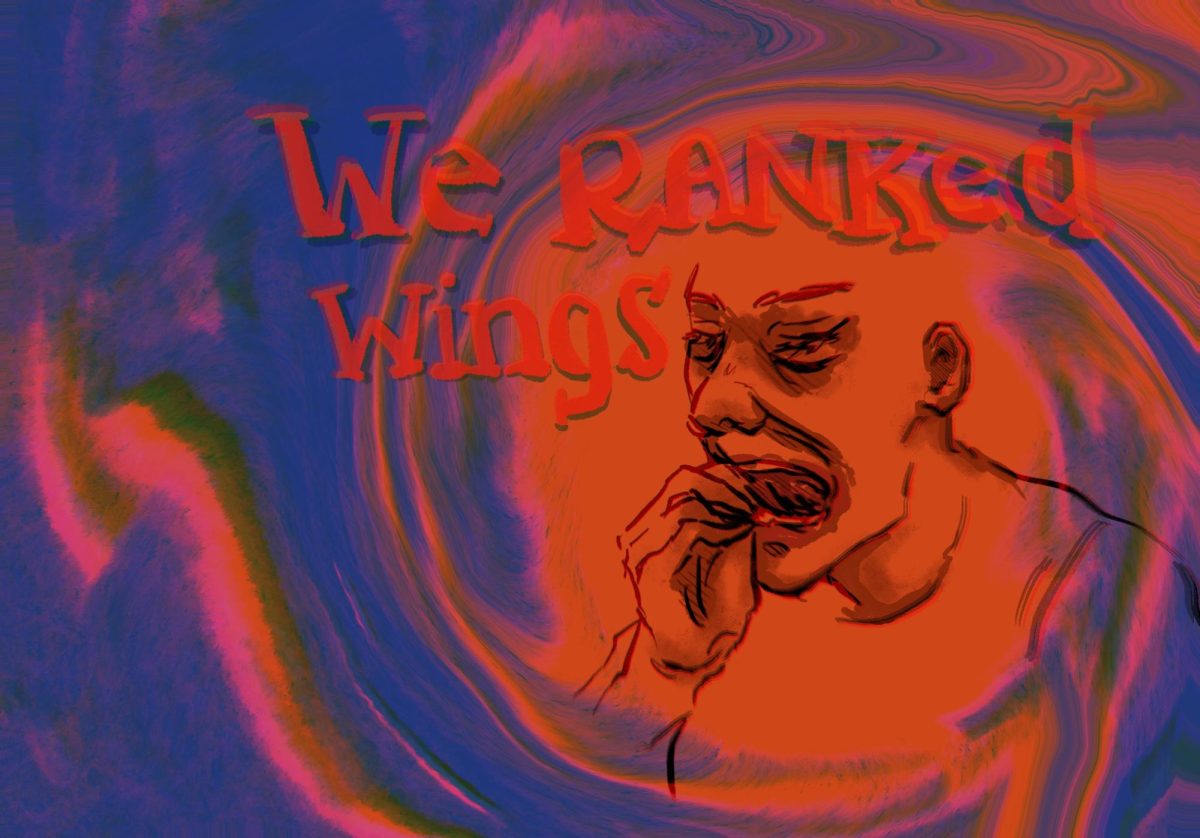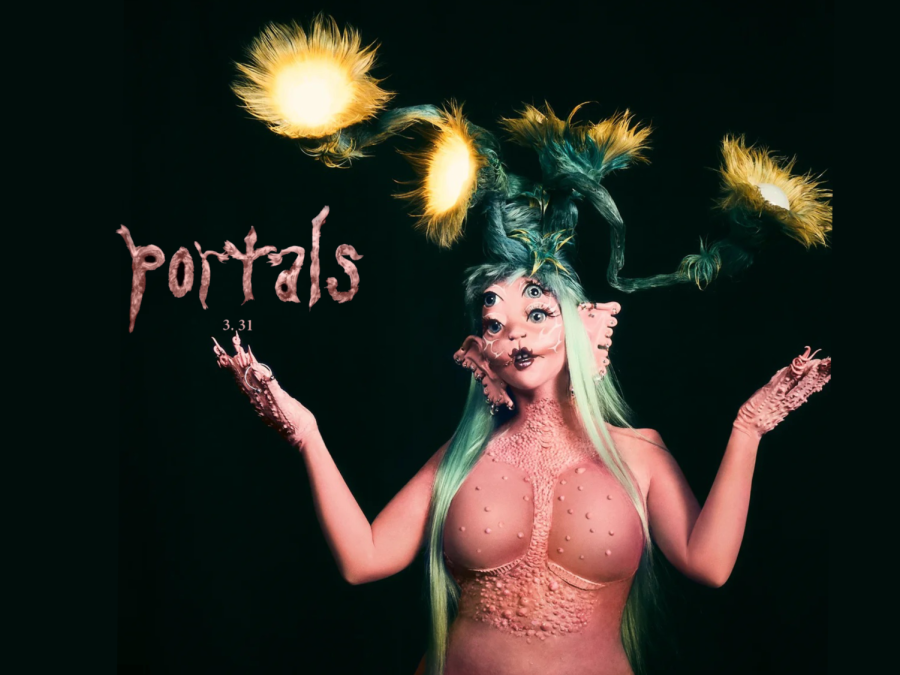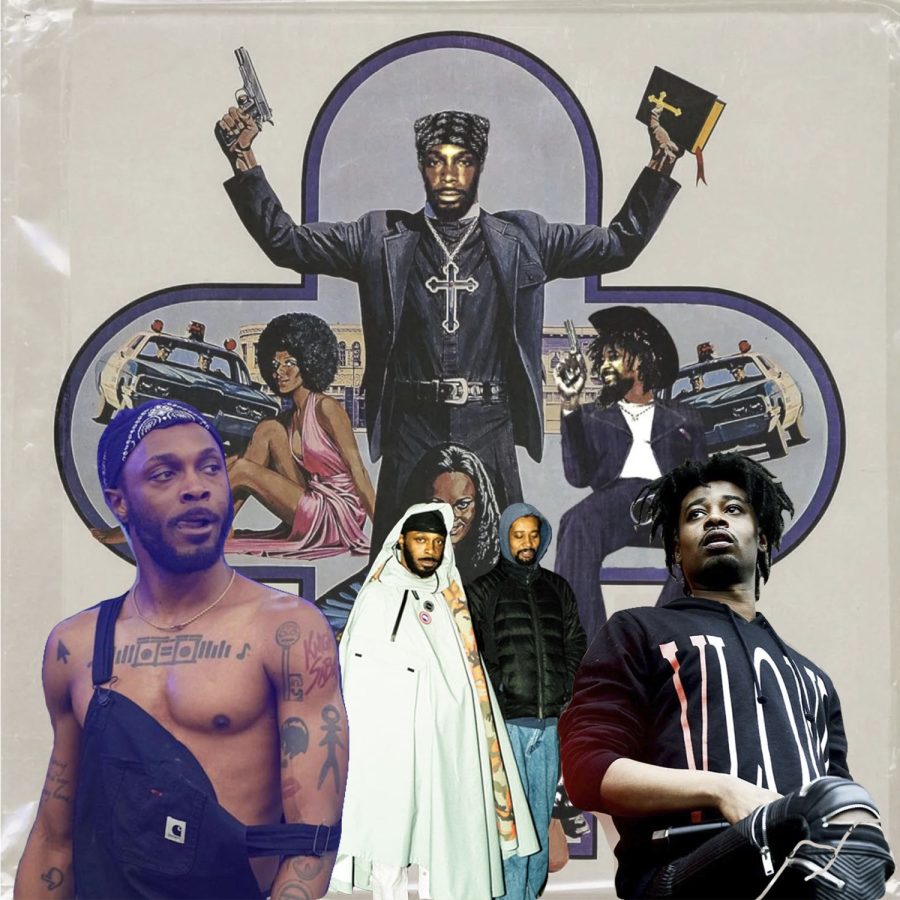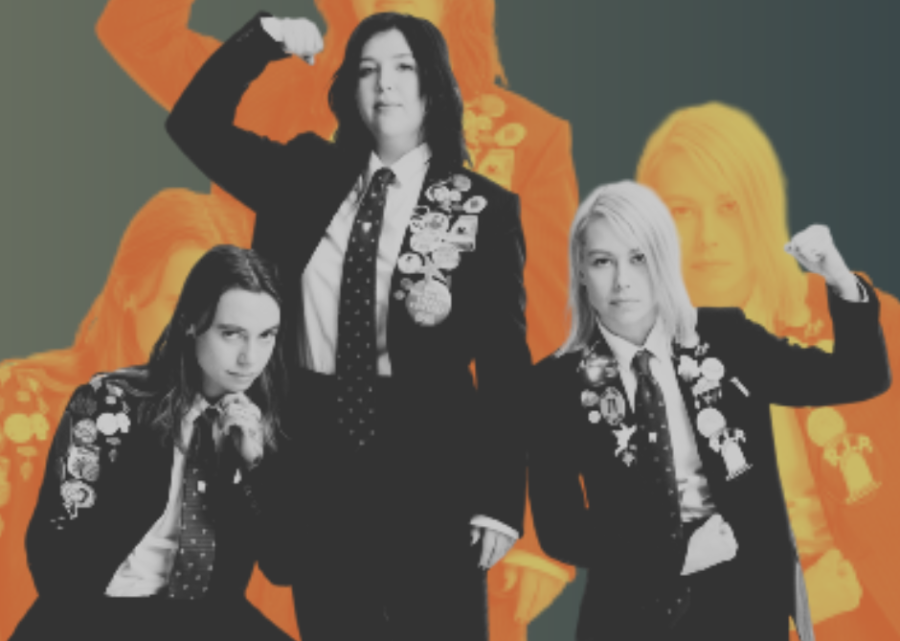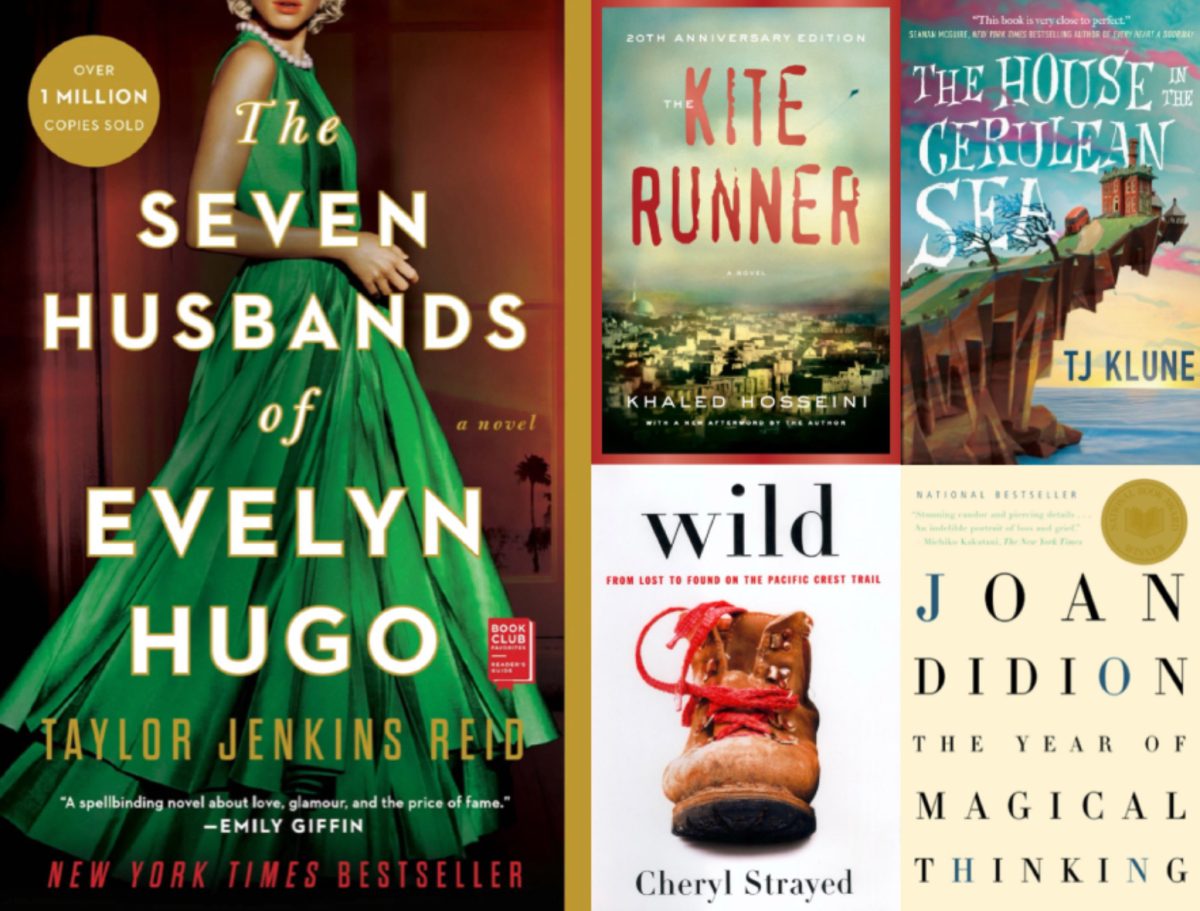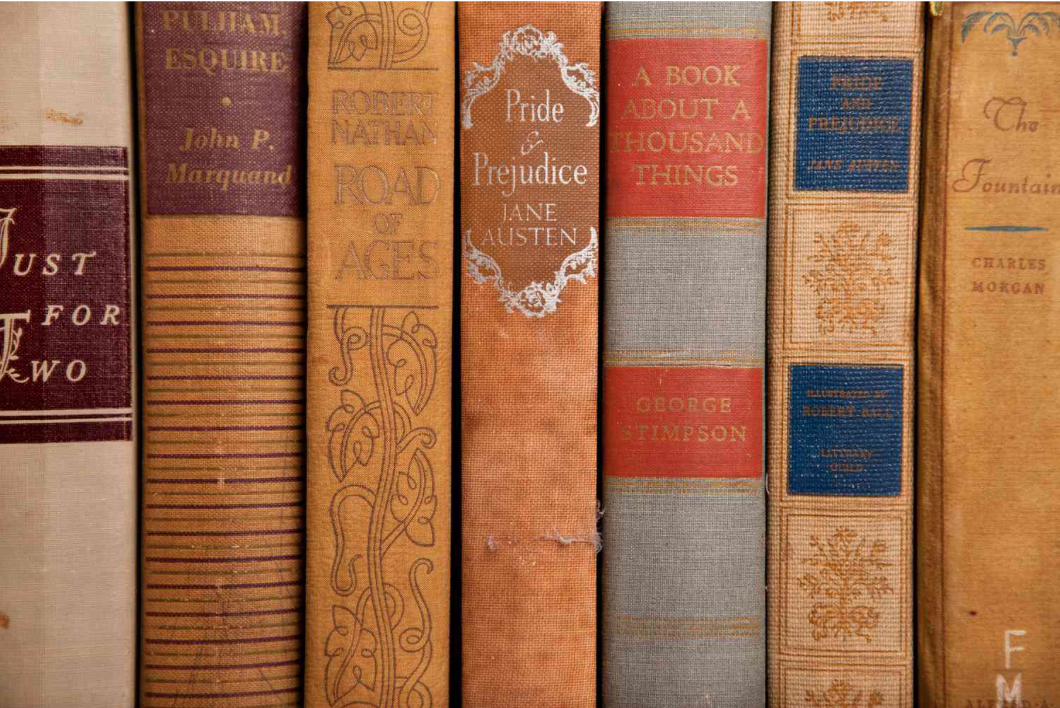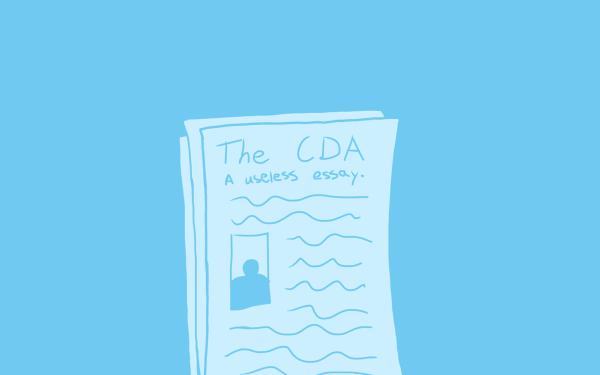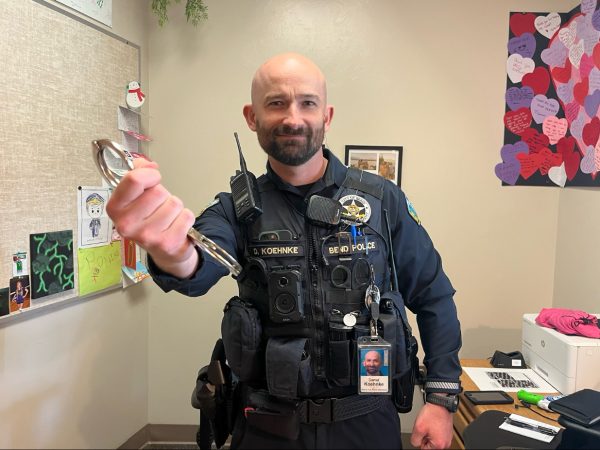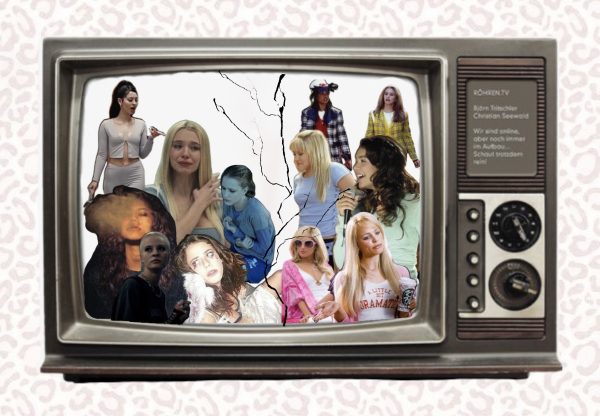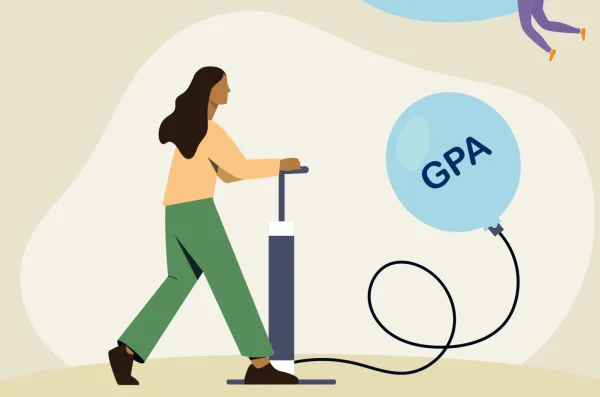Toxicology Report
Why music discourse is at an all time low
Music is of the most subjective art forms, debate and discussion about songs and artists has always been popular. However, since the rise of social media and the internet, the discourse has gotten increasingly hostile. Behind this are two main culprits: Stan culture in mainstream music and elitism in the underground scene. These two side effects of parasocial relationships have made musical discussion a waking nightmare that won’t end anytime soon
Stan culture, named after the 2000 Eminem song about an obsessed fan, is defined as a community of internet users that post opinions related to celebrities, music, TV shows, movies, and social media to an extreme and over-personal degree at a high frequency. Stan accounts have often been noted for incidents of harassment and bullying. Junior Angus Anderson believes that “Stan culture is stupid because nobody’s that great.” One major example of Stan culture is the playboi carti fandom. Junior Max VanEss is a self-professed Carti expert and has described the Houston rapper’s fandom as “crazy and obsessive.” VanEss recalled a situation where he was arguing with a fellow fan in a comment section and “after I called a song trash he replied with my full IP address.” Doxxing is nothing new in the Carti community with countless comments and stories of people’s ip addresses and locations being used as a rebuttal. Even Carti himself was doxxed when after he pushed back the release date of his 2020 album Whole Lotta Red, fans posted his home address online.
I believe that this behavior is born from a parasocial relationship where the fans feel closer to the artist than their fellow fans due to our brains not being able to tell the difference from social media and real life. Because of this relationship they feel closer to the artist than other fans and believe their opinions are the best. So when somebody else contradicts their opinion they take it extremely personally, so they lash out and the argument explodes. When you add the relative anonymity of the internet, people feel that they can say more harsh things than they would in person and get away relatively consequence free. While this is one side of the music spectrum, the underground music world has its own issues. When asked his opinions of underground listeners, VanEss said he had no major issues but “people who listen to a random 14 year old with like 6 listeners to be different are dumb.”
One major problem in the underground music world is gatekeeping. Gatekeeping in music means refusing to share either a song or an artist since you want to keep either a band or a song to yourself so it doesn’t get too much exposure and become “mainstream.” This act is born of a sense of elitism as Conor Durkin stated in The Michigan Daily “as much as we’d like to champion their success, there’s a small part of us unwilling to let that go.” We don’t want to let this go because if everyone knows about your new favorite artist you aren’t as unique.
Anderson describes his music taste as “alternative and bordering on edgy.” He told me that “people get superiority complexes based on how obscure their music taste is but it’s still the same thing anyone else is listening to.” This wanting to have a different and lesser known music taste creates a sense of elitism that will throw off the casual listener. As to why this elitism gains such a hold on listeners, writer and concert pianist Joseph Asquith wrote in an article titled The Danger of Elitism in Music “Our fast-paced lives often compromise our ability to listen closely and deeply to music, eclipsing a deep understanding of musical artistry. As such, it’s highly plausible that this competition manifests itself as a protection of one’s own musical genre, which is, as Crowded House would say, ‘Only Natural’.”
This protection commonly morphs into a feeling of superiority. This feeling of superiority causes isolation among listeners as well as further reason for disagreements that Anderson believes are worthless since “people decide to create music that they can target at their audience and is going to make money and disguise under a veil of being profound and creative when most of the time it wasn’t written or produced by them.”
When discussing music people need to just get over themselves and accept that people are going to have different opinions than their own. All that arguing does is turn fandoms away from appreciation and towards confrontation. You can still have disagreements just don’t take them personally. Your favorite artist isn’t going to care about the argument you had over their song in an instagram comment section.

When he’s not in the pool or on the diamond you can usually find Chris over analyzing a fantasy sports lineup. A lifelong athlete and sports fan this is Chris’ second year at the Pinnacle, and his...



